Media
15 Least Popular Classic Rock Artists According to Gen Xers: Ranked

Published:
Last Updated:

Gen X, born between 1964 and 1980, grew up during a transformative era in music. They listened to grunge, hip-hop, and alternative rock from bands like Nirvana, Pearl Jam, and The Smashing Pumpkins, and artists like Tupac, Lauryn Hill, and Alanis Morissette. Classic rock is the soundtrack of their boomer parents’ lives, not theirs. Now between 44 and 60 years old, Gen X have some strong opinions regarding classic rock artists/bands. 24/7 Wall St. reviewed the results of a poll of Gen Xers tabulated at yougov.com. The 15 least popular classic rock artists according to Gen Xers were recognized by at least 50% of those surveyed and disliked by at least half of those who knew about them. While there are a few head-scratchers in the mix, most of them make sense. Continue reading to see which band or solo act is the #1 least-liked classic rock artist, according to Gen X.

Understanding the cultural preferences, including musical tastes, of Generation X can provide valuable insights for investors seeking to evaluate market trends and identify potential opportunities as they relate to this market demographic.

At the bottom of the list at number 15 is Shiek Yerbouti, Frank Zappa. Nearly one-half (47%) of Gen Xers have a favorable opinion regarding Zappa’s unconventional style. Not too shabby. It might be higher, but because Zappa’s music was deeply political and often targeted issues specific to an earlier time, his music didn’t have the same relevance for Gen X as it did for baby boomers.
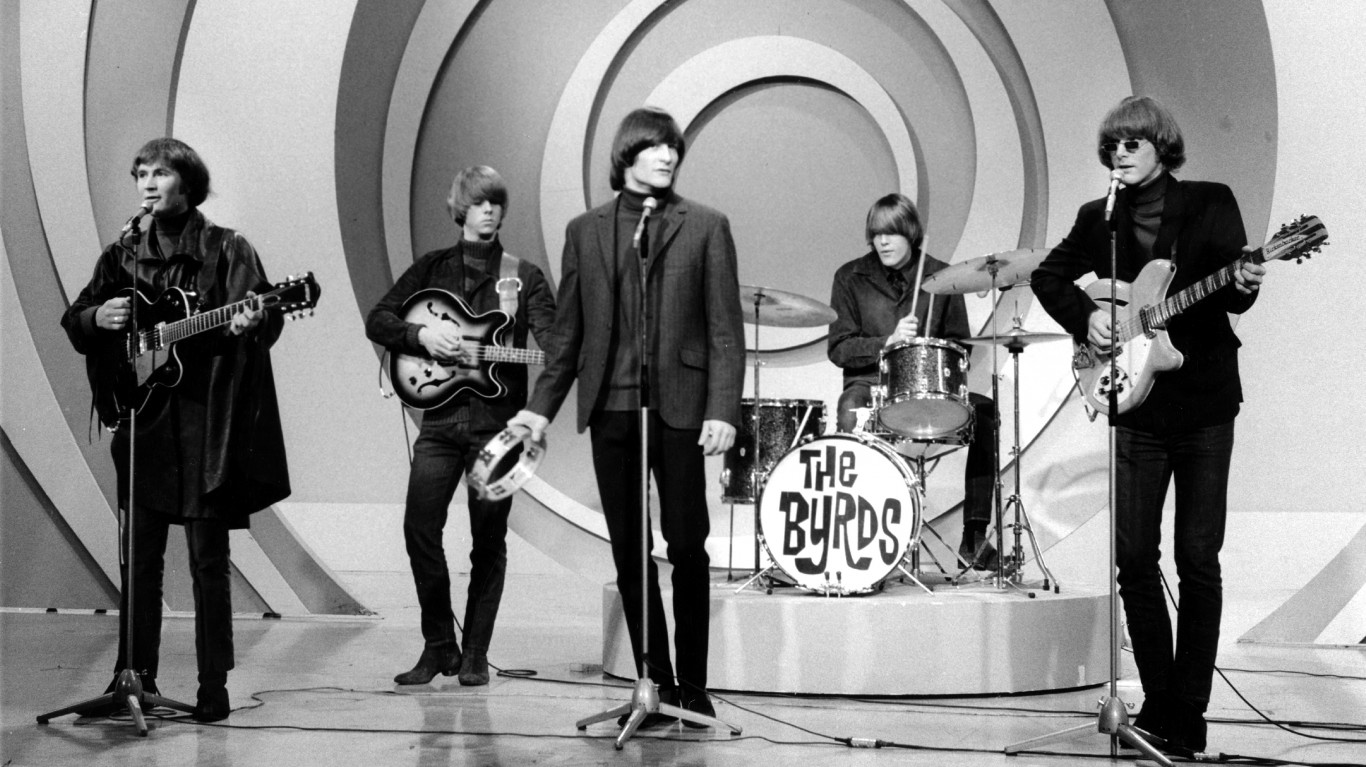
Though the Byrds (Rock-nRoll Hall of Fame class of 1991) are a part of classic rock history, by the time Gen Xers were purchasing their own music, the Byrds had been relegated to the bargain bin at the record shoppe. Gen Xers were buying the more contemporary music of bands like Big Head Todd and the Monsters, Andre3000, Snoop Dog, and Patti Smith.
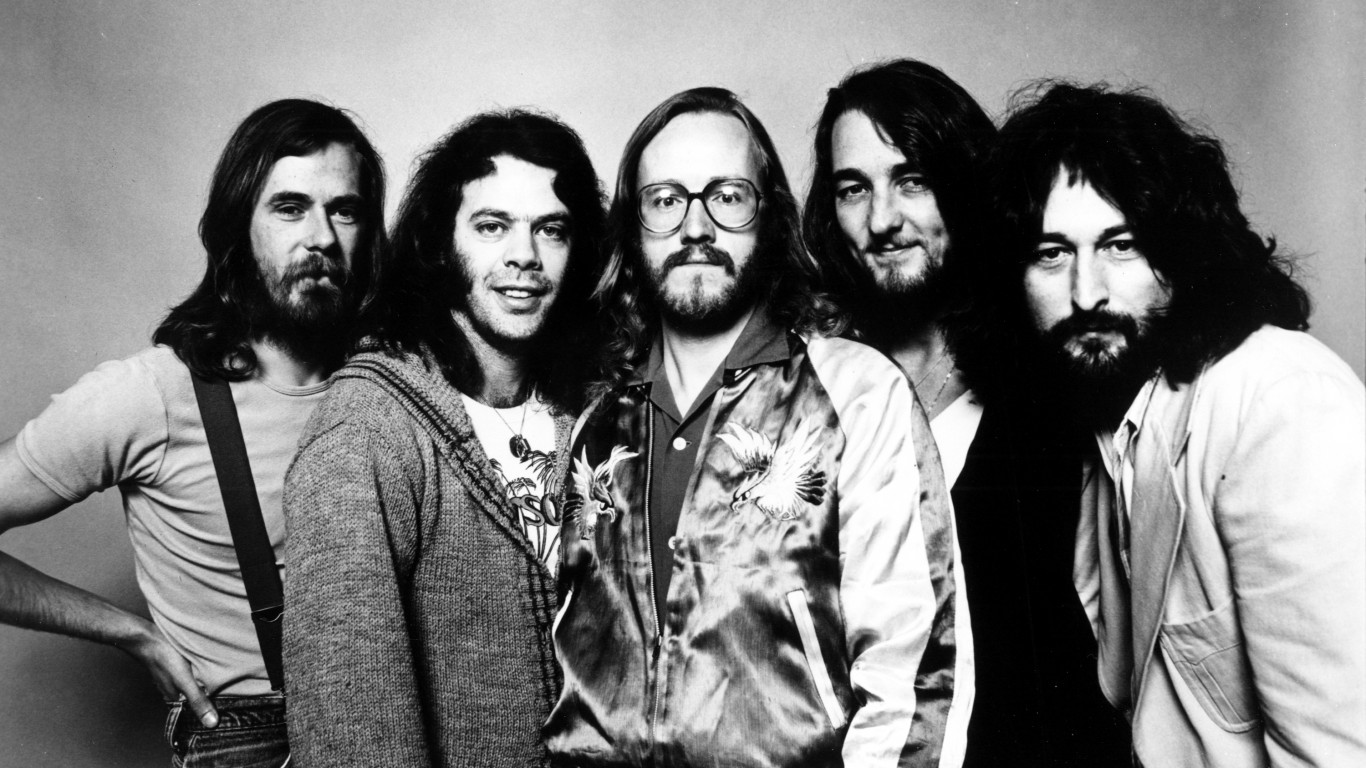
Supertramp’s catchy melodies, thought-provoking lyrics, and top-notch musicianship aren’t for everybody. Though I suppose the greater percentage of Gen Xers may simply prefer a different style of music, I think it’s more plausible they haven’t listened to Supertramp. Though Supertramp has all of the requisite elements that make for a popular classic rock band, they aren’t everyone’s cuppa of tea.

While some Gen Xers appreciate Lou Reed’s experimental sound, poetic lyrics, and contributions to the alternative music scene, others don’t connect with his music. Reed’s music was decidedly counterculture, and though he has a dedicated following, the majority of Gen Xers aren’t among them.
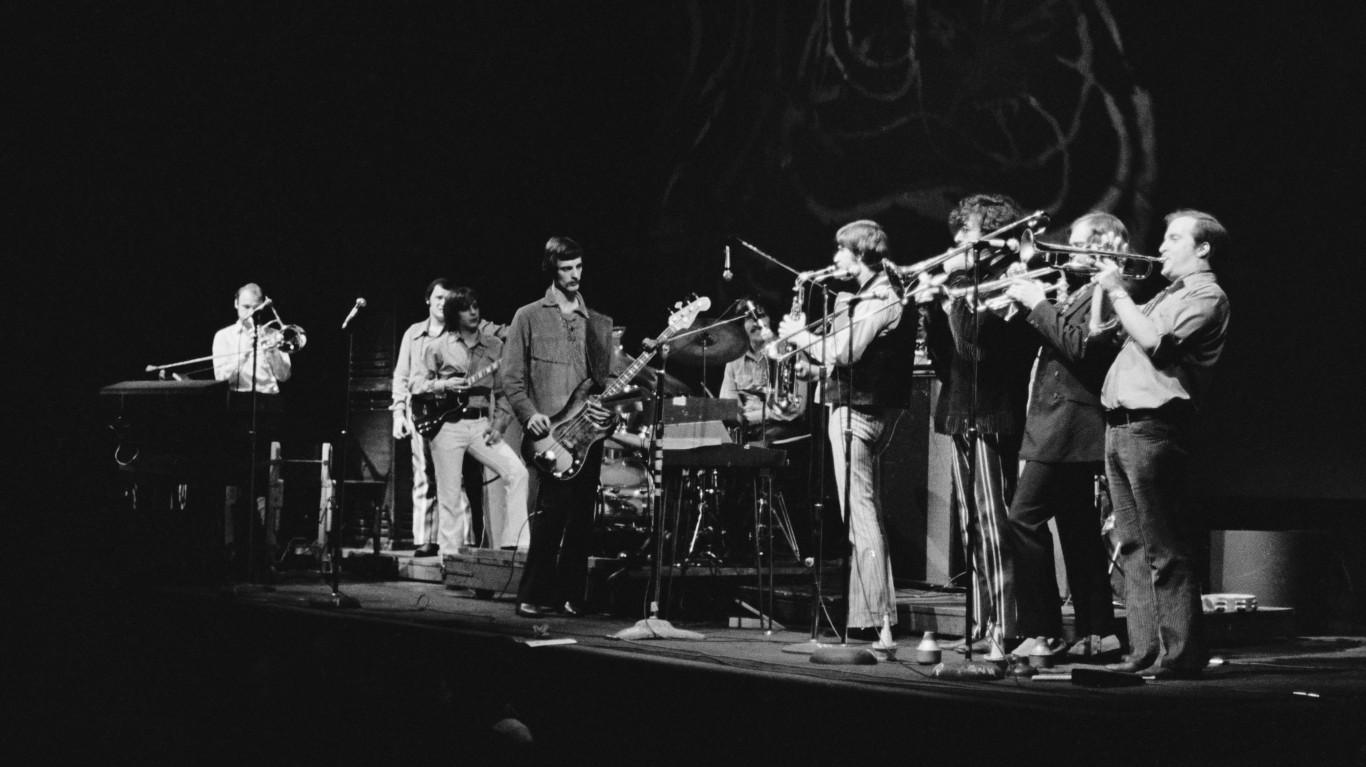
Weathering numerous line-up changes in their time, Blood, Sweat & Tears was a powerhouse band with an exemplary horn section. By the time Gen Xers were discerning their musical tastes, the platform had broadened to include fresh genres that were more appealing to Gen X’s ears. Gen Xers were filled with angst and looking for music and lyrics that spoke to their condition. Against the backdrop of grunge and hip-hop. Blood, Sweat, and Tears’ music seemed too polished and less authentic.
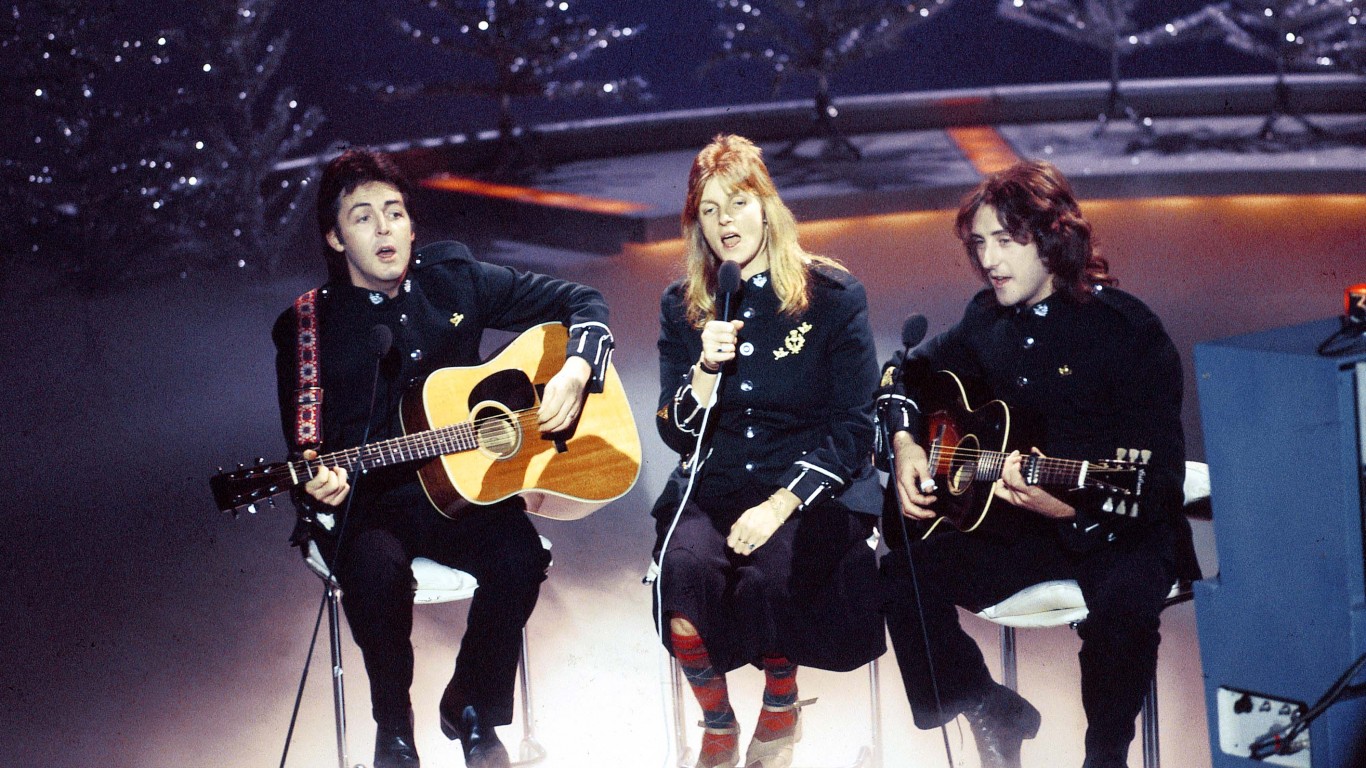
What? It’s not enough that boomers hate on Wings, even though Linda didn’t have anything to do with the break up of the group Paul McCartney was in before? Turns out the world has, in fact, had it with the silly love songs. At least according to Gen X, who were listening to Tupac and Alanis. Theirs and other artists’ lyrics spoke to Gen X in a way that hasbands didn’t. Like who knew Jet was a song about the McCartney pup? Who cares? Not Gen X.

Foghat, known for hits like Slow Ride and Fool for the City, is difficult to categorize. Are they a classic rock band, a hard rock band, or a blues band? Not that Gen X was paying enough attention to care. Foghat is a band that defined their parents’ generation. Gen X was using their buying power on the music that would define their generation. No real surprise that 24/7 Wall St.’s list of 15 least popular classic rock artists according to Gen Xers ranked is heavily weighted with boomer era bands. Never known a generation to embrace their parents’ music until it becomes nostalgic.

How My Chemical Romance made it onto a list of classic rock bands is a mystery for the ages. Even more surprising is that these punks weren’t embraced by Gen X. Getting prominent airplay in the aughts when Gen Xers were coming of age, My Chemical Romance spoke to the existential angst of their generation. The band has a dedicated following, however, who continue to wallow in their disquietude.

A classic rock band if ever there was one, the Zombies are not a Gen X fan favorite for the reason that classic rock bands simply don’t speak to Gen X. Each generation has its music, and the Zombies belong to the baby boomers. Gen X doesn’t have strongly negative opinions about the Zombies, but they don’t dig’em the way their parents did. You dig?
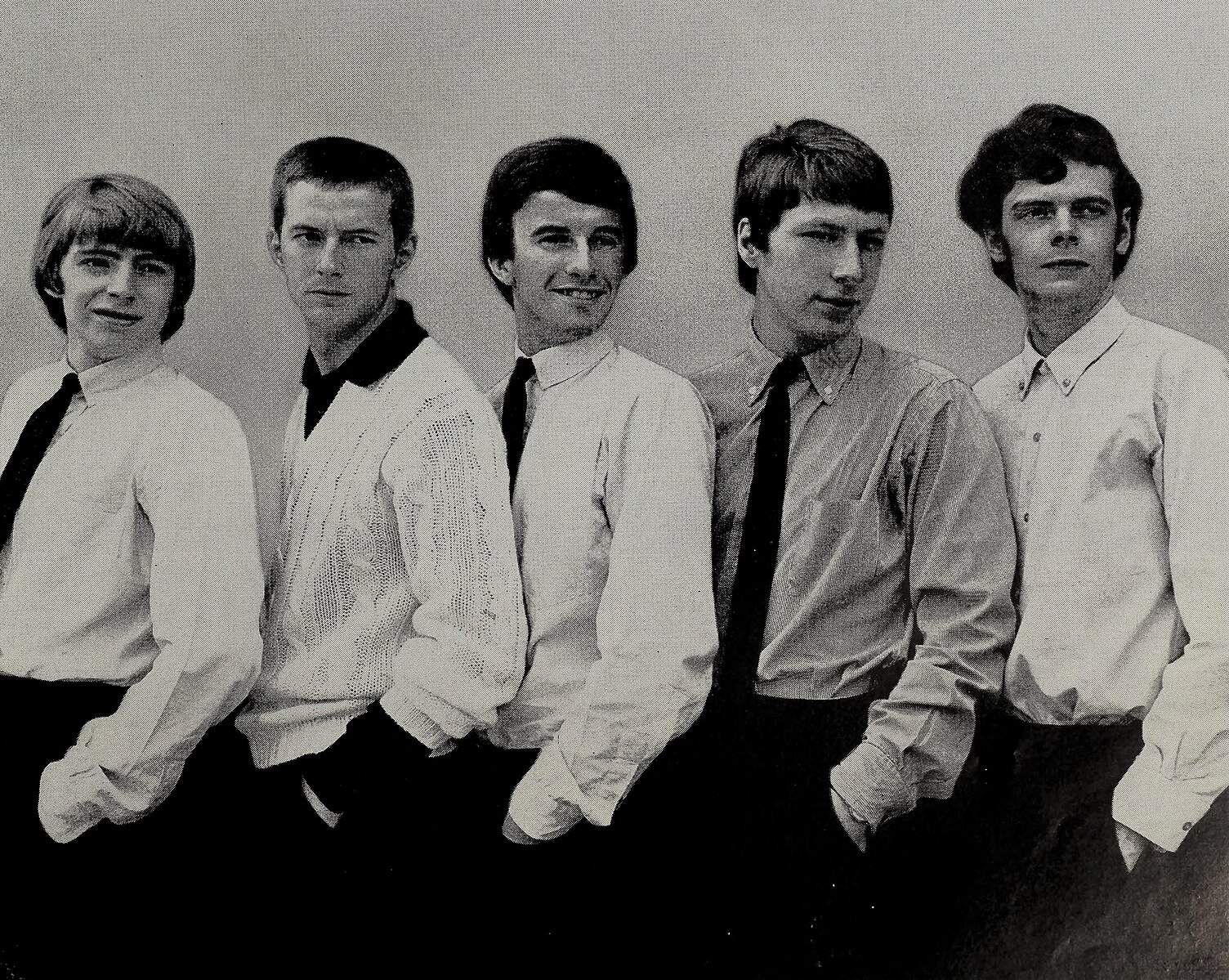
Second verse, same as the first. The Yardbirds which featured Jeff Beck, Eric Clapton, and Jimmy Page here and there, belong to the baby boomers. The Yardbirds appealed to Gen Xers’ parents or even grandparents. The band had pretty much dissolved before most Gen Xers were out of diapers. So, it’s not a head-scratcher that the band doesn’t rank higher on 24/7 Wall St.’s list of 15 least popular classic rock artists according to Gen Xers: ranked.

Stephen Stills and Neil Young’s first classic rock group, Buffalo Springfield is remembered for their anti-war anthem For What It’s Worth. The Vietnam War. So, while For What It’s Worth spoke to their parents’ generation, the band had disbanded long before Gen X came along.
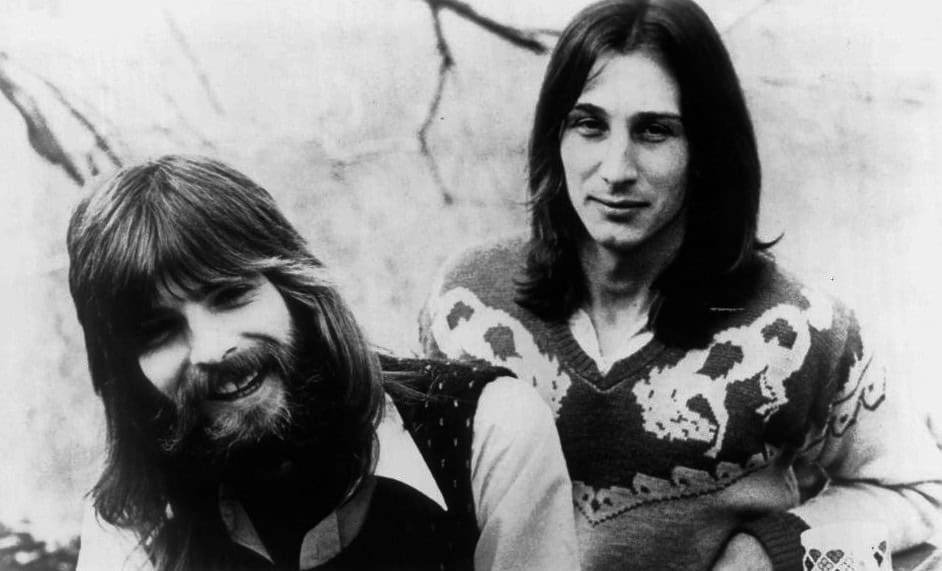
Your mama don’t dance and your daddy don’t rock and roll, lyrics from Loggins and Messia’s first big hit, reflect the idea that kids aren’t listening to the same music as their parents. As it should be. You’d be the biggest square in Squaresville if you did. so, while Loggins and Messina had their share of radio hits and stadium fame, they too belong to the boomers.

Zevon’s another odd entry on a list of classic rockers, as he’s more of a singer/songwriter whose music is an eclectic blend of blues, folk, and rock. Zevon’s darkly humorous lyrics are on prominent display in Werewolves of London and Lawyers, Guns and Money, Roland the headless Thompson Gunner. I get it, I do. Zevon’s not for everyone, but, come on Gen X, you can’t even tap your toe to Werewolves of London?
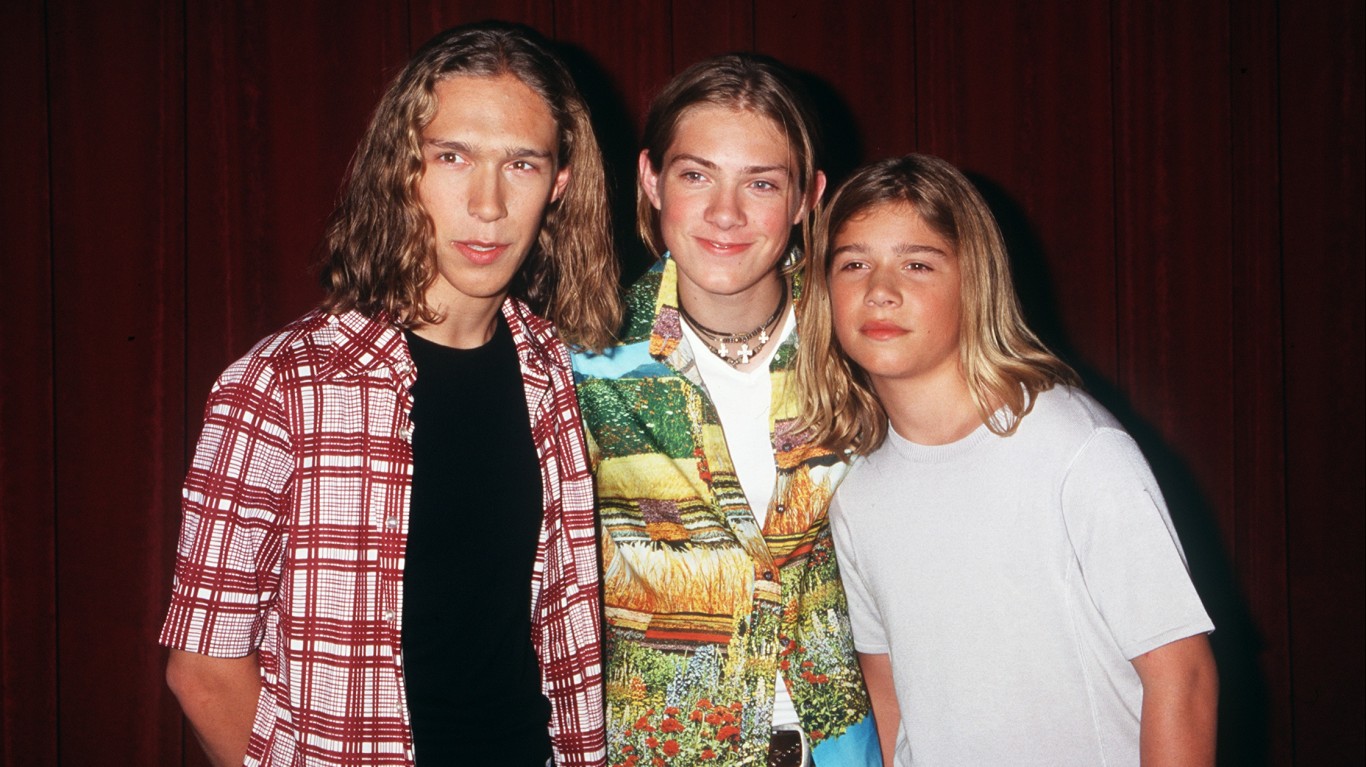
How in the world did Hanson end up on a list of classic rock artists? Hanson, the pop band formed by three brothers from Tulsa, Oklahoma, is recognized for their catchy melodies and sibling harmonies. Their breakthrough hit, MMMBop, propelled them to international fame before they were old enough to drive. As Gen Xers themselves, you’d think they would be more popular among their own. Now grown with families, the MMMBop trio continues to tour and record, despite once being considered one-hit wonders.
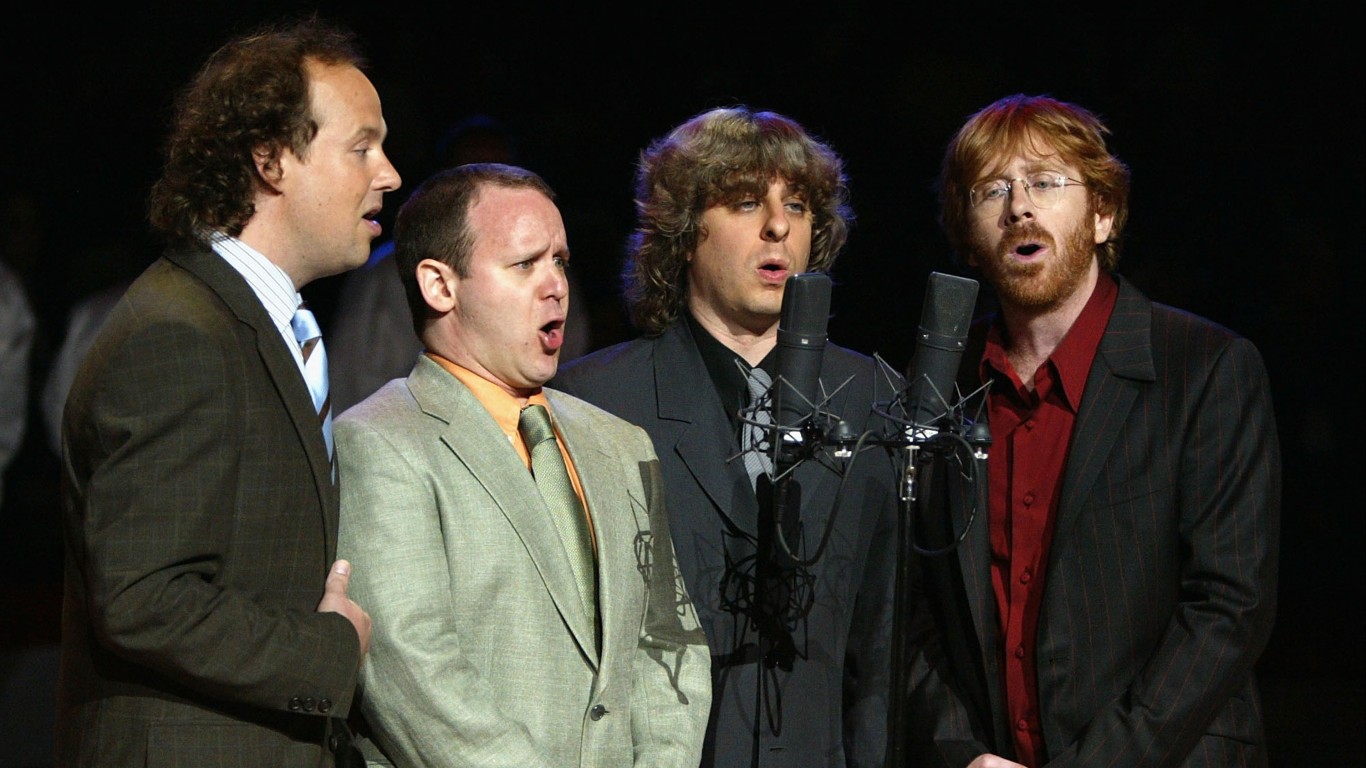
Coming in at number one on 24/7 Wall St.’s list of 15 least popular classic rock artists according to Gen Xer’s ranked is Phish. Phish is a jam band formed in Vermont that blends elements of rock, funk, jazz, and psychedelia into their live performances which often feature extended improvisational jams. And that’s precisely why Gen X isn’t so fond of Phish. Extended improvs and a devoted fan base that can come across as less than inviting help make Phish the number one least popular classic rock artist according to Gen X.
Credit card companies are pulling out all the stops, with the issuers are offering insane travel rewards and perks.
We’re talking huge sign-up bonuses, points on every purchase, and benefits like lounge access, travel credits, and free hotel nights. For travelers, these rewards can add up to thousands of dollars in flights, upgrades, and luxury experiences every year.
It’s like getting paid to travel — and it’s available to qualified borrowers who know where to look.
We’ve rounded up some of the best travel credit cards on the market. Click here to see the list. Don’t miss these offers — they won’t be this good forever.
Thank you for reading! Have some feedback for us?
Contact the 24/7 Wall St. editorial team.